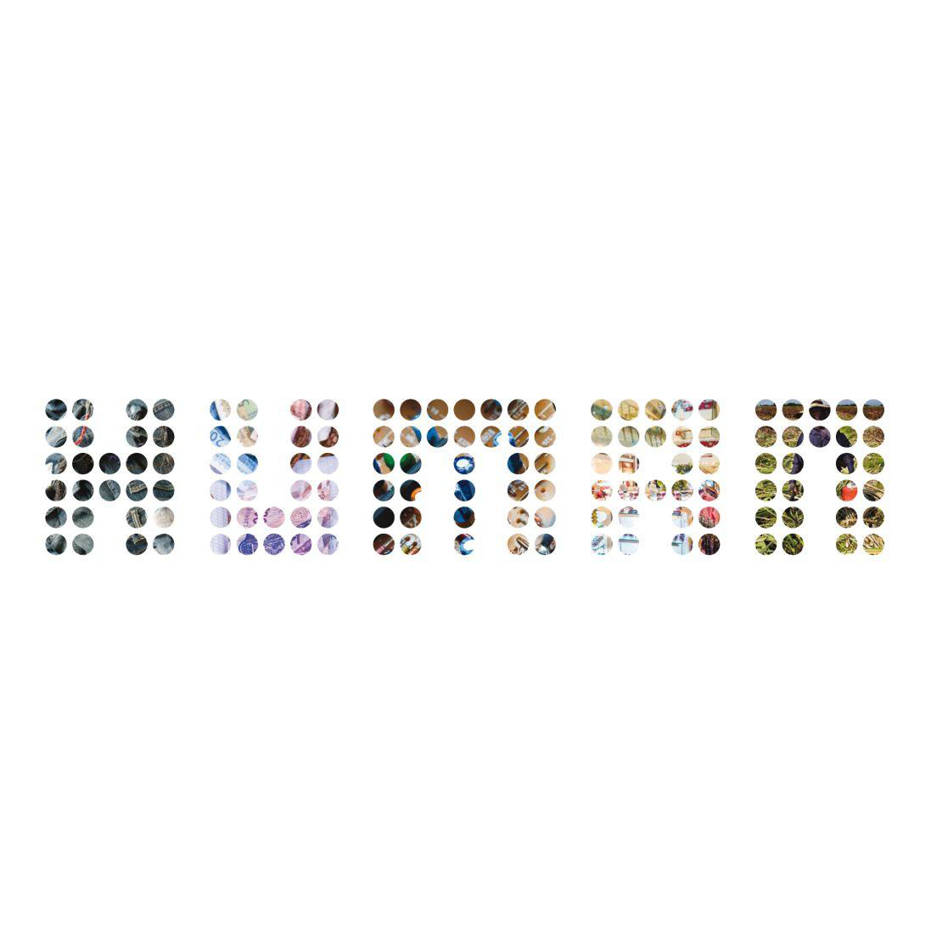NB. Er is geen opname gemaakt van dit evenement. De presentaties van de sprekers zijn wel beschikbaar op deze webpagina.
Jaarlijks organiseert de VBDO het mensenrechten evenement HUMAN, in samenwerking EY, CNV Internationaal en ABN AMRO. HUMAN is bedoeld als platform voor het uitwisselen van de meest recente kennis en inzichten omtrent mensenrechten. oor deze editie is er gekozen voor het thema Access to Remedy.
Access to Remedy
Access to Remedy (“toegang tot effectieve rechtsmiddelen”) erkent in wezen dat bedrijven een negatieve invloed kunnen hebben op mensen, en is als zodanig essentieel wanneer bedrijven zich inzetten voor het respecteren van mensenrechten. Het probleem is echter dat er niet veel bedrijven zijn die hier op robuste wijze aan werken.
Access to Remedy is een kerncomponent van de UN Guiding Principles on the Business and Human Rights (UNGP’s). Guiding Principle 1 herinnert staten eraan voor “het ondernemen van passende stappen om zakelijke mensenrechtenschendingen op hun grondgebied en/of jurisdictie te voorkomen, te onderzoeken, te bestraffen en te herstellen”. Guiding Principle 22, in Pijler II, bepaalt dat wanneer “zakelijke ondernemingen vaststellen dat zij negatieve effecten hebben veroorzaakt of daartoe hebben bijgedragen, zij via legitieme processen moeten voorzien in of mee moeten werken aan herstel daarvan”.
De UNGP’s voorzien in de volgende drie soorten mechanismen om toegang te bieden tot effectieve rechtsmiddelen bij bedrijfsgerelateerde mensenrechtenschendingen:
- Op de staat gebaseerde gerechtelijke mechanismen;
- Op de staat gebaseerde niet-gerechtelijke klachtenmechanismen en;
- Niet op de staat gebaseerde klachtenmechanismen.
Sinds 2014 heeft the Office of the UN High Commissioner for Human Rights (OHCHR) onderzocht hoe deze mechanismen hebben gefunctioneerd in zaken en mensenrechtenzaken en heeft het richtlijnen opgesteld over manieren om de effectiviteit van elk mechanisme te verbeteren (Bron: OHCHR.org).
Presentaties
Download hier de presentaties van de verschillende programma-onderdelen.
Programma
- 15:00 – 15:15 | Setting the Scene | Angélique Laskewitz (directeur VBDO) & Raquel Criado Larrea (Head of Sustainable Investments, External Manager Selection & Balanced Mandates at ASR Nederland N.V.)
- 15:15 – 15:30 | Why Acces to Remedy matters for Investors | Kees Gootjes (Business & Human Rights advisor, ABN Amro)
The attention to human rights and social issues (the ‘S’ of ESG) has rightly been gaining prominence among investors around the world. At the same time, investors struggle with the concept of Access to Remedy. During this session, the topic of Access to Remedy – and in particular ‘preparedness for remedy’ – will be presented. Kees Gootjes will provide a brief overview of Access to Remedy, its importance, and the need for the financial sector to facilitate and accelerate company efforts to provide a remedy.
- 15:30 – 16:20 | Breakout sessions
1. Access to Remedy perspective from The Illusion of Abundance (documentary) | Cindy Coltman (sr. Policy Officer Both ENDS);
The documentary The Illusion of Abundance tells the story of three women in Latin America who daily experience the consequences of decisions made by companies and financiers in Europe. During this break-out session, we will discuss our responsibility towards these people and the dilemmas companies, investors, citizens and policymakers will face.
2. Legislation: what do you have to comply with as a company? CSRD, CSDDD & Taxonomy minimum safeguards | Colette Grosscurt, Bas Sprenger de Rover & Emma Fabius (EY);
During this breakout, EY highlights the similarities and differences between the human rights EU legislation requirements of the Corporate Sustainability Reporting Directive (CSRD), the Corporate Sustainability Due Diligence (CS3D), and the EU Taxonomy minimum safeguards. Participants then get to work to determine for themselves which first steps they can take to meet the requirements.
3. Grievance mechanisms in the clothing industry from a union perspective | Eva Smulders, CNV Internationaal / Bart Slob (Consultant, Ethics at Work);
CNV Internationaal’s local union partners are involved in different types of complaints mechanisms varying from complicated certification systems to simple hotlines. CNV Internationaal icw Ethics at Work developed short comparative research in Asia on the different systems encountered within the apparel sector, including its pros and its cons, which will be presented and discussed in this session.
- 16:20/25 – 16:50 | How human rights data can be used in investment methods | K. Chad Clay (co-founder Human Rights Measurement Initiative);
While there is increasing recognition that human rights should be an essential determinant in investment, investors often lack the information necessary to make well-informed decisions concerning human rights. During this session, K. Chad Clay will discuss new developments in human rights data for investors and will provide some demonstrations of how those data can be used.
- 16:50 – 17:00 | Closure | Angélique Laskewitz (directeur VBDO)
- 17:00 | Drinks
Registratie
Registreren voor dit evenement is niet langer mogelijk.

